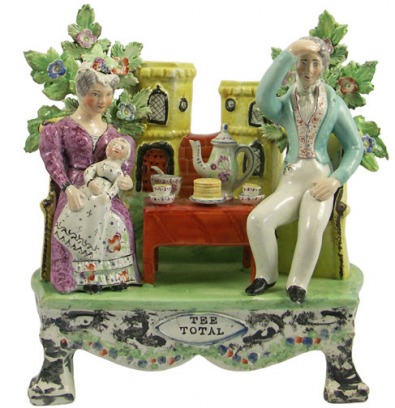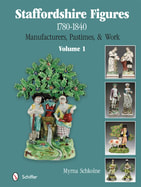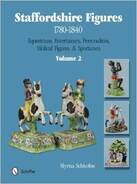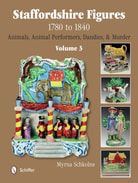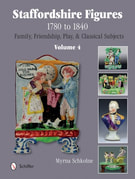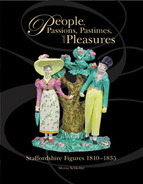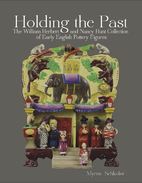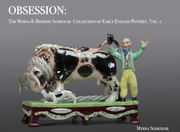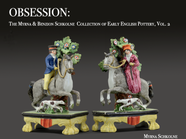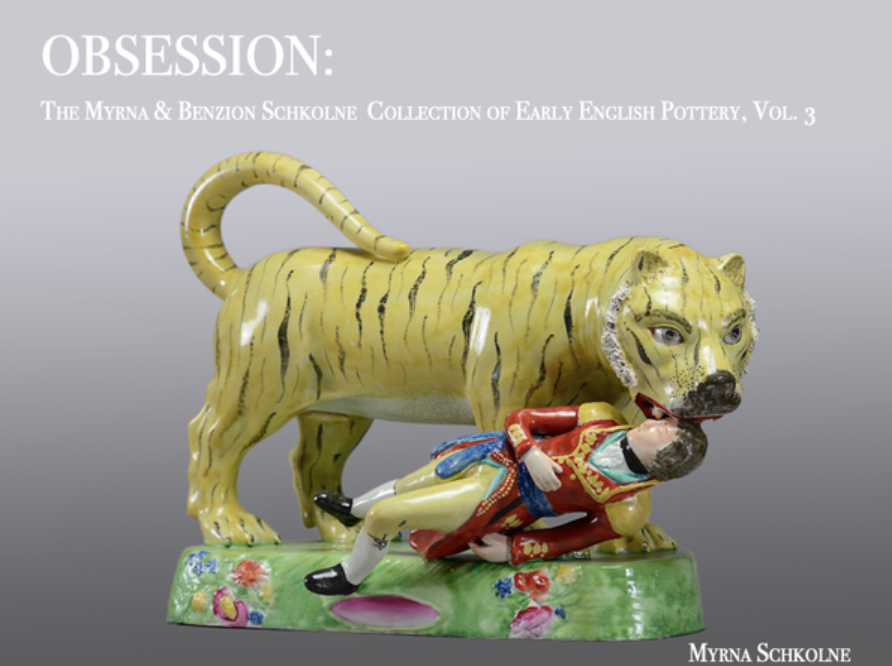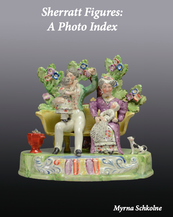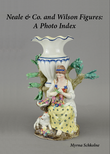The story of the early teetotal movement in the UK is fascinating. In the 1800s, England was seemingly in a drunken stupor. Good drinking water was scarce, and beer the safest, most palatable drink. Children drank beer, hospitals give it to patients, and workers received daily quotas. In 1827, Robert Macnish documented that the average worker consumed anywhere from 7 pints to 2 gallons of beer a day.
Beer was bad, but gin was far worse and its use was spreading. Gin drinking was addictive and carried to excess it led to illness, poverty, violence, and death.The temperance movement first got going in an attempt to pursuade people to abandon gin and other spirits. Instead, they were encourage to drink a LOT more beer. The temperance movement of the 1820s was sponsored by middle-class do-gooders, and their fine intentions were aimed at helping the working man stay sober.
Well, it didn't take long for working folk to realize that drinking more beer was NOT keeping them sober. Drastic abstinence was needed, so the TeeTotal Movement was born around 1830. Initially a working-class movement, it encouraged abandoning ALL alcohol. In days when a ruddy complexion equated with good health, some feared that going teetotal would be life threatening! Joseph Lawson, a Yorkshireman who kept a diary, noted that he did not expect the first teetotalers to survive. But they did, and the teetotal movement took hold.
I expect that on middle class mantels TEE TOTAL groups were virtuous displays of support for abstinence. Today, the groups are increasingly difficult to find. They simply ooze charm. Who can resist the smug wife clutching her baby while she presides over the tea table? After all, what was a more proper drink than tea? And how about her poor husband clutching his head. A hangover? Or is he afraid that without his beer he will not survive?
Fascinating Factoids
The origin of “teetotal” is controversial, and the date that the word came into the English language is significant to Staffordshire collectors because it could help date titled Teetotal figure groups. Theories include:
- At a temperance meeting in 1833, Richard—better known as Dicky—Turner was moved to cry out “I’ll be reet down out-and-out t-t-total for ever and ever.” The name “teetotal” then became the name for the total-abstinence movement. Some think Dicky Turner intended creating a play on the word “total” to emphasize the totality of his commitment; others believe he was plagued by a stammer. In any event, Dicky Turner’s tombstone credits him with coining the word “teetotal.”
- The word “teetotal” was in use in England before 1833, with the repetition of the letter “t” emphasizing the word total, to create t-total or teetotal, meaning “grand total.”
- The United States also claims credit for the word. In 1827, the New York Temperance Society disbursed pledge cards asking people to sign a commitment to the “O.P.” (for Old Pledge, denoting partial abstinence) or “T” (for Total, denoting total abstinence). By calling out “T-total” to promote the “T” pledge card, the word teetotal was supposedly created.
- The word is more ancient in origin. An article, “Derivation of ‘Teetotal” in Meliora of 1865 notes "The term has been in common use in Ireland and in Lancashire these hundred years, and was familiar to the writer when a lad in that county nearly forty years back. It can be found in the literature of England, long prior to the Preston movement, in application to various things. Banim, the Irish novelist, employs it; Maginn, in ‘Maga,’ uses it, and De Quincey also, a master of English, who probably acquired it in Lancashire, amidst the idioms of which county he spent his early years. Richard Turner used the word because it had an established meaning. It was one of those designations to which children and uneducated persons sometimes give spontaneous expression, and because it fell in with popular usage and feeling, Mr. Livesey, wisely or unwisely, adopted it as the name of the new society.”
